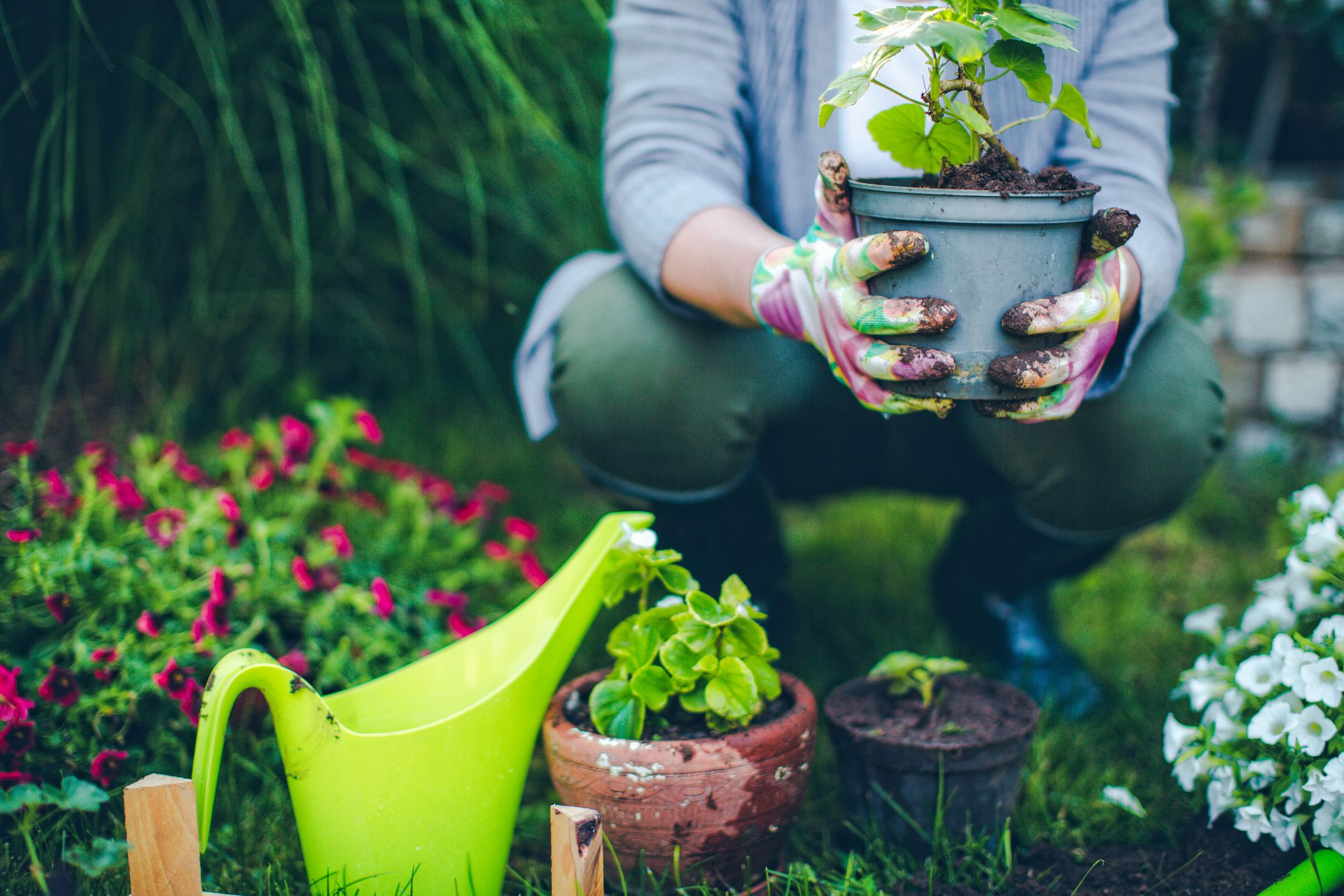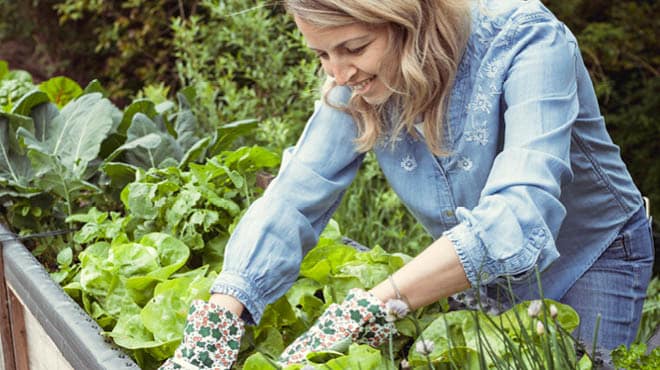Transform Your Environment-friendly Space: A Comprehensive Guide to Gardening Tips for Beginners
Wiki Article
Growing Eco-friendly Thumbs: a Novice's Journey Into the Globe of Horticulture
Are you eager to obtain your hands unclean and begin growing your own yard? You'll find out regarding selecting the right plants, understanding dirt and garden compost, and crucial horticulture tools. We'll also educate you sprinkling and fertilizing techniques and just how to deal with typical garden pests. home gardening for beginners.Picking the Right Plants
1. First, you require to evaluate your gardening area and identify the number of plants that will certainly fit conveniently. Since congestion can lead to stunted development and disease, this action is essential. Procedure the dimensions of your yard beds or pots and calculate the readily available space. Consider the mature dimension of the plants you intend to expand. Some natural herbs and vegetables require more area than others, so it's important to do your study.As soon as you have a clear concept of your gardening area, it's time to pick the right plants. Believe regarding what you appreciate eating or what blossoms you locate most appealing. Consider the climate and sunshine problems in your location. Certain plants prosper in full sun, while others like partial color. Keep in mind of any type of microclimates in your yard, such as locations that obtain more or less sunlight than the rest. This will certainly aid you choose plants that are fit to your specific conditions.
It's also necessary to consider your degree of horticulture experience. If you're brand-new to horticulture, select plants that are simple to expand and need very little maintenance. Herbs like rosemary, mint, and basil are forgiving and best for beginners. Additionally, take into consideration the size of your growing season. If you live in a region with a much shorter growing season., choose plants that have a much shorter maturity period.
Recognizing Dirt and Compost
To make certain the success of your yard, it is essential that you understand the value of soil and garden compost. Dirt is the foundation of your yard, offering nutrients, water retention, and assistance for your plants. It is necessary to have a mutual understanding of your dirt type, whether it is sandy, clayey, or fertile, as this will determine the kinds of plants that will prosper in your garden. Garden compost, on the other hand, is a wonderful method to enhance the high quality of your soil. It is comprised of organic matter, such as cooking area scraps, lawn waste, and leaves, that decay in time. Including compost to your dirt will enhance it with necessary nutrients and improve its framework, allowing for much better water drain and aeration. You can either make your very own compost utilizing a garden compost bin or acquisition it from a yard center. Keep in mind, a productive and healthy and balanced dirt is the essential to an effective yard, so put in the time to understand your dirt and include garden compost to ensure your plants flourish.
Vital Gardening Devices
An excellent set of gardening handwear covers is an essential to shield your hands from thorns, irritable plants, and dust. A yard pipe or watering can is essential for keeping your plants hydrated. A sturdy set of trimming shears or secateurs is crucial website link for cutting and forming your plants.Watering and Feeding Methods

Dealing With Common Yard Pests
As a beginner gardener, you might run into common yard parasites that can damage your plants. These parasites can vary from insects like caterpillars, beetles, and aphids, to little animals like squirrels and bunnies. It is necessary to be able to identify and deal with these pests efficiently in order to protect your plants and guarantee a successful garden.Among the initial steps in managing yard bugs is to routinely examine your plants for any type of indications of infestation. Search for eaten leaves, holes in the vegetation, or the visibility of small insects. It's vital to take action promptly to stop them from spreading out and causing further damage. if you spot any type of bugs.
There are numerous techniques you can use to regulate garden parasites. One choice is to utilize natural killers, such as ladybugs or praying mantises, to aid manage the populace of bugs. You can also utilize physical barriers, such as fences or netting, to keep bigger animals like bunnies out of your garden. Furthermore, there are organic bug control sprays available that can assist deter and get rid of usual yard pests.
Bear in mind, prevention is essential when it involves dealing with garden parasites. Maintaining your yard tidy and free of particles can aid reduce the possibility of an infestation. Routinely eliminating weeds and dead plants can additionally aid remove hiding places for insects.

Verdict
By selecting the right plants, recognizing dirt and garden compost, making use of essential gardening tools, and mastering watering and fertilizing techniques, you have set on your own up for success. Do not forget to stay vigilant in dealing with common garden pests to guarantee your plants grow.Dirt is the structure of your yard, supplying nutrients, water retention, and support for your plants. It is essential to have a great understanding of your soil type, whether it is sandy, clayey, or fertile, as this will certainly figure out the kinds of plants that will thrive in your garden. Bear in mind, a productive and healthy dirt is the vital to an effective garden, so take the time to understand your dirt and include compost to ensure your plants grow.
As a newbie gardener, you may run into typical garden pests that can unleash mayhem on your plants. It's essential to be able to deal and recognize with these bugs efficiently in order to protect your plants and make sure a successful yard.
Report this wiki page